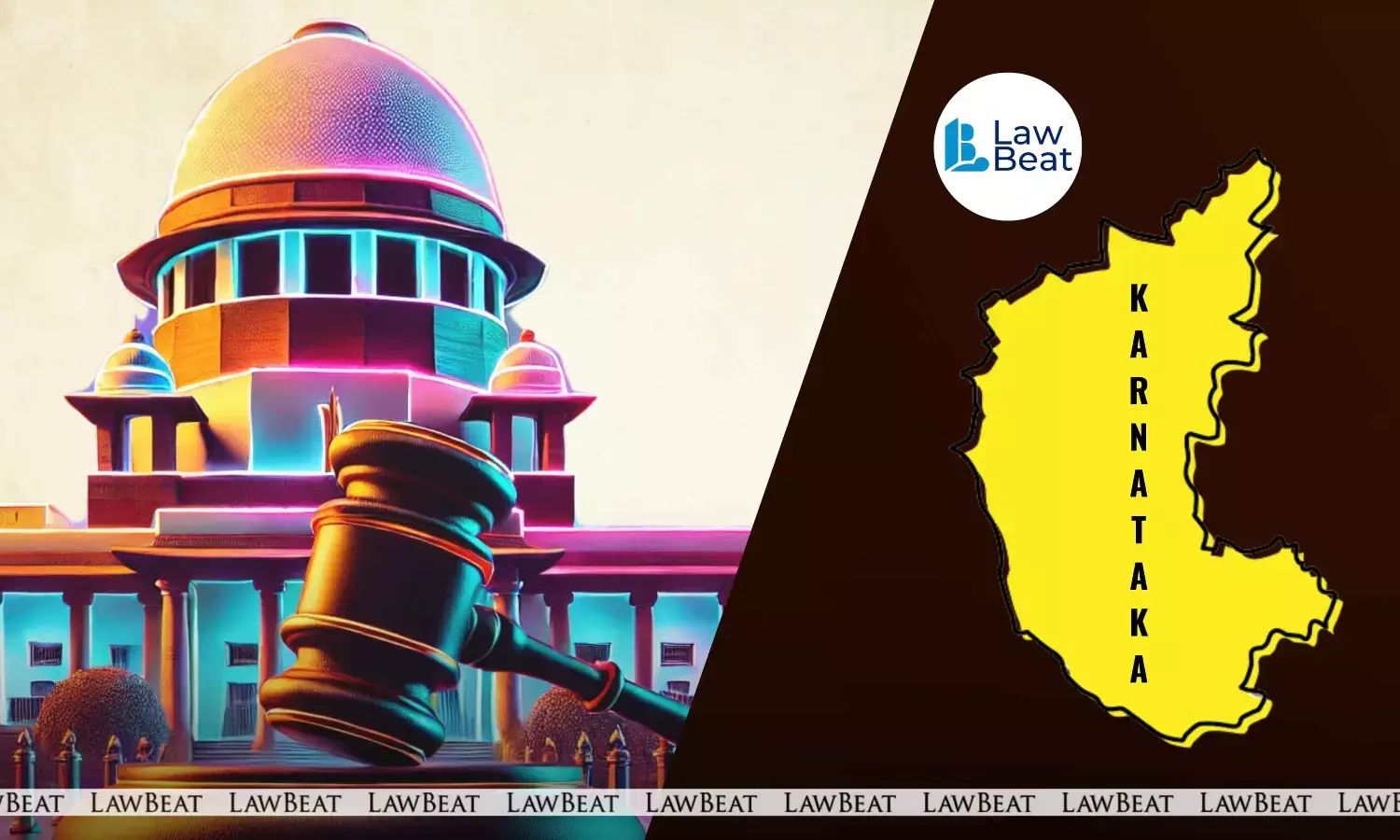Supreme Court Refers Karnataka Govt’s Plea On ₹3,000 Cr TDR Dispute With Mysuru Royals To CJI for Directions

The Supreme Court on Tuesday referred to the Chief Justice of India a plea by the Karnataka Government challenging the issuance of Transferable Development Rights (TDR) certificates worth Rs. 3,000 crore to the legal heirs of the erstwhile Mysuru royal family over the acquisition of 15 acres of Bangalore Palace Grounds.
At the outset, the Bench of Justice Surya Kant and Justice Dipankar Datta observed that the matter ought to be heard by the bench of Justice M.M. Sundresh, as the direction being challenged had originated from proceedings in a contempt petition.
Senior Advocate Kapil Sibal, appearing for the State, contended that a contempt proceeding could not override a High Court judgment and urged the Court to stay the TDRs pending a full hearing.
“You’re essentially seeking further directions. If a coordinate bench has taken a view, how can we sit in appeal over it?” Justice Kant remarked.
Sibal argued that the TDRs were granted under Section 14B of the Karnataka Town and Country Planning Act, which came into force in 2004, eight years after the land acquisition in 1996. “He isn’t even the owner. There’s no question of surrender. I’m shocked. Clause 14(b) hasn’t even been referred to,” he said, adding that the State’s review petition had not yet been listed.
Justice Kant asked, “What Section 14B possibly contemplates is that instead of monetary compensation, development rights may be granted.
Sibal expressed willingness to have the matter referred to a larger bench.
The Court advised him to approach the Chief Justice of India to that effect.
Senior Advocate Mukul Rohatgi, appearing for the opposing party, strongly objected: “This is an abuse of process! Let me respond.”
The Court, however, clarified that it was only considering an adjournment request and sought clarity on the jurisdiction of the original order.
Ultimately, the Court directed: “The application be referred to the Hon’ble Chief Justice of India on the administrative side for suitable directions.”
Previously
On May 26, the Supreme Court had agreed to hear Karnataka government's plea challenging the decision of the Supreme Court itself from last week directing it to hand over the Transferable Development Rights (“TDR”) acquired for widening the Ballari and Jayamahal roads to the legal heirs of the erstwhile Mysuru royal family.
Senior Advocate Kapil Sibal, appearing for the State government had told a CJI BR Gavai led bench today, "We are the owners of the land...How can the TDR be granted...".
"Can we sit in appeal over a decision made by a coordinate bench?", the CJI asked in return.
In the impugned judgment, Supreme Court had come down on the government authorities saying, "Yet, undaunted, the contemnors seem to be further dragging their feet by manoeuvres and same is deprecated. We say so, for the simple reason that contemnors under the umbrella of the legislation orders of the Court which ought to be implemented in letter and spirit is sought to be stifled or staved off which cannot be countenanced at any rate".
The legal heirs had moved the Apex Court by way of contempt petitions.
In February, the Supreme Court had ordered the State to deposit the TDR certificates while taking a stern view of the government’s changing stands on the issue.
Sibal, appearing for the contemnors had contended that the contempt petitioners were not eligible or entitled to receive the DRC’s/ TDR’s.
The Court had then refused to go into the issue that in event of complainants not succeeding in the civil appeals the exchequer (State) would not be in a position to recover the value of DRC’s/ TDR’s from the complainants, as the issue relating to the acquisition of the larger extent of land measuring 472 acres under the enactment i.e., Bangalore Palace (Acquisition and Transfer) Act, 1996. (“BPAT Act”).
Case Title: Indrakashi Devi v. The State of Karnataka & Another connected matter
